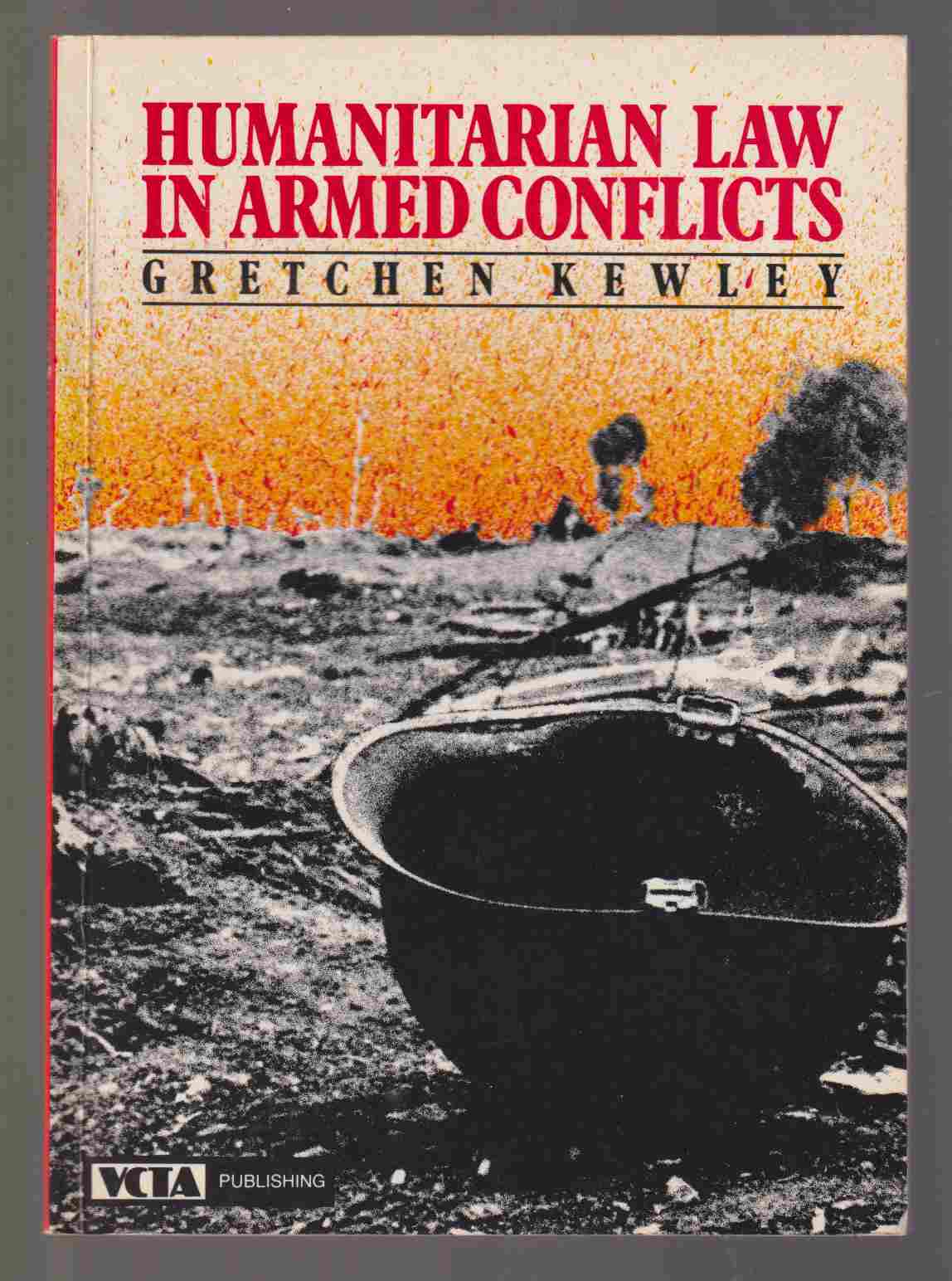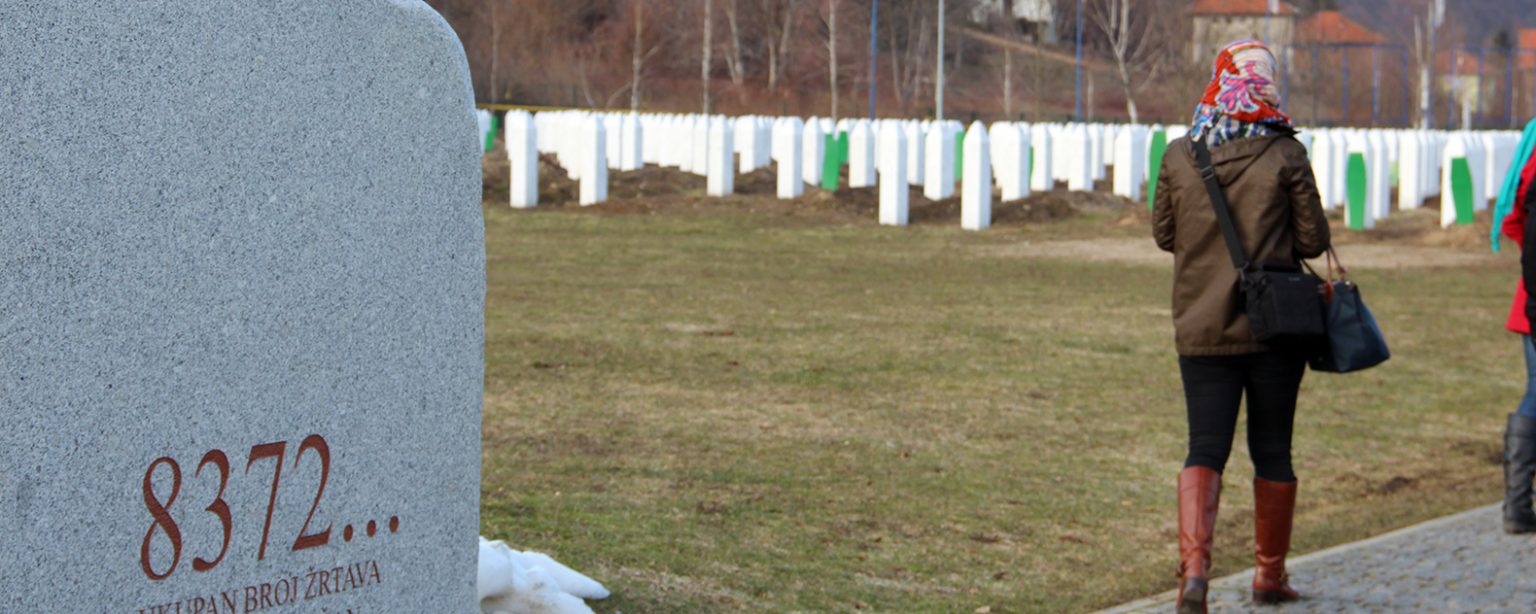
Medical personnel and medical facilities and vehicles may not be attacked.
The wounded and sick must be collected and cared for by the party to the conflict which has them in its power. It is forbidden to use weapons or methods of warfare that are likely to cause unnecessary losses or excessive suffering. Neither the parties to the conflict nor members of their armed forces have an unlimited right to choose methods and means of warfare. It is forbidden to kill or wound an enemy who surrenders or who can no longer take part in the fighting. They must in all circumstances be protected and treated with humanity, without distinction. People who do not or can no longer take part in hostilities are entitled to respect for their lives and for their physical and psychological wellbeing. Attacks may only be made against military objectives. Neither the civilian population as a whole, nor individual civilians, may be attacked. The parties to a conflict must at all times distinguish between the civilian population and combatants in order to spare the civilian population and civilian property. The core of modern International Humanitarian Law is set out in the four Geneva Conventions of 1949 and their Additional Protocols. Every state in the world has adhered to the Geneva Conventions and although not all states are yet parties to the two Additional Protocols of 1977, many of the rules set out in these instruments enjoy the status of customary international law applicable to all states.īasic Rules of International Humanitarian Law The Geneva Conventions and their Additional Protocols 


IHL also applies to both states and non-state actors involved in international armed conflict, although a more limited set of rules applies to armed conflict that takes place on the territory of a single state (known as armed conflict of a non-international character).

It does not regulate the circumstances in which a state may use force, or determine whether an armed conflict is legal, and its rules apply to all sides, regardless of who started the conflict. It also limits the methods and means of warfare that may be employed by parties to an armed conflict, prohibiting attacks on civilian populations and weapons that are indiscriminate or inhumane. International Humanitarian Law regulates the conduct of armed conflict and seeks to limit its inhumanity. International humanitarian law (IHL) – known also as the Law of Armed Conflict or the Law of War – is the body of international rules that in time of armed conflict protects those who do not, or can no longer, participate in hostilities, such as civilians, the wounded and prisoners of war.








 0 kommentar(er)
0 kommentar(er)
